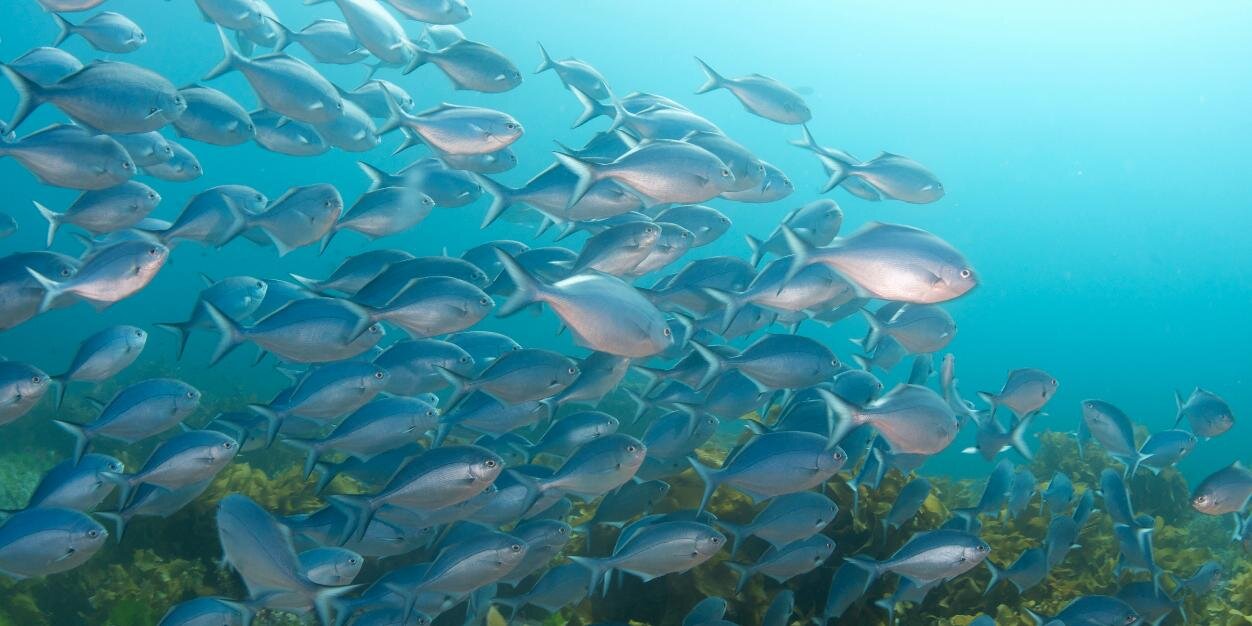
Sea Around Us | Bluesky: @seaaroundus.org
@SeaAroundUs
A research initiative at UBC and UWA led by #DanielPauly, Deng Palomares & Dirk Zeller. We assess the impact of fisheries on marine ecosystems
‘Nobel Prize for environment’ awarded to Daniel Pauly and Rashid Sumaila bit.ly/tylerprizesau
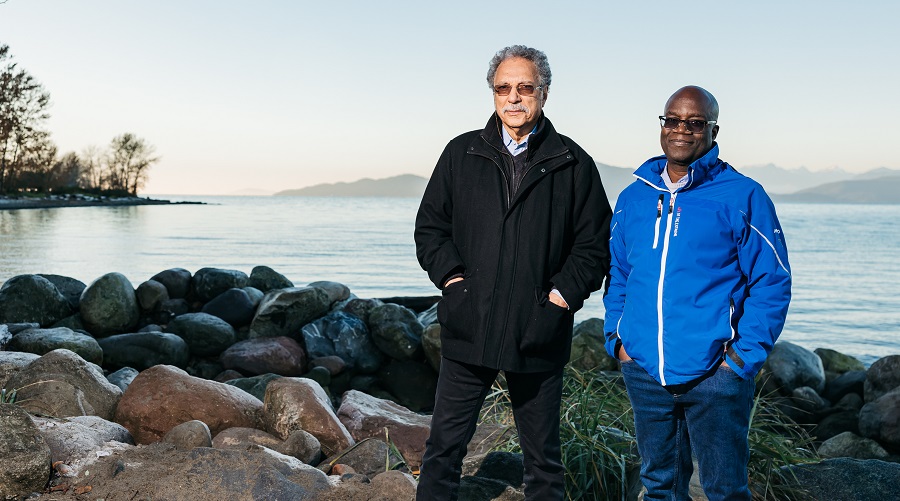
Climate change and foreign overfishing are stripping Senegal’s sea bare bit.ly/sausenegal
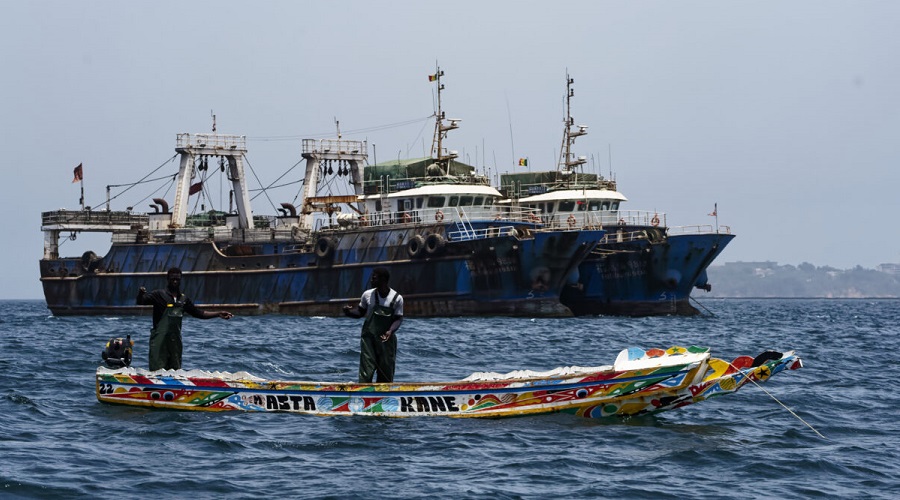
Our MSc student, Anna Luna Rossi, joined Reserva: The Youth Land Trust to share youth-led marine conservation stories at #UNOC3 bit.ly/blog207sau
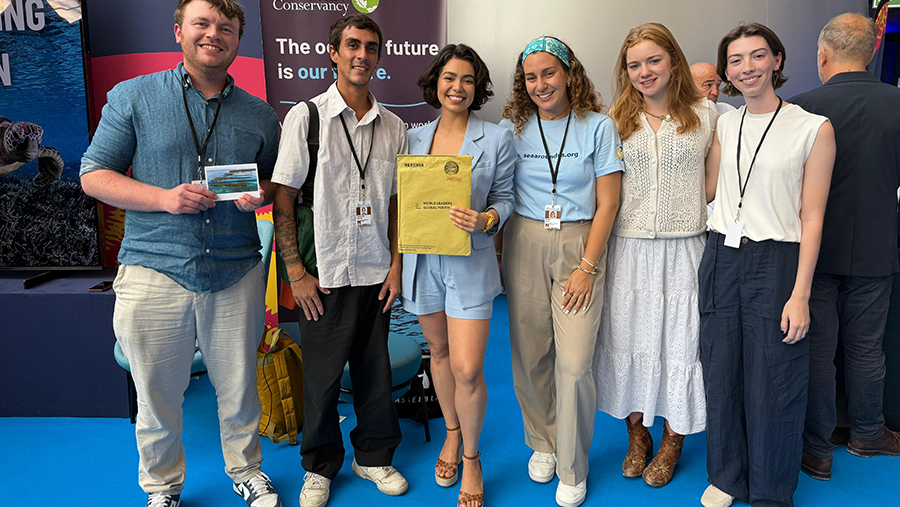
Vitamin A, iron, B12 and calcium all packed into Indian Ocean fish 🧬 Why it matters → bit.ly/indianonutri
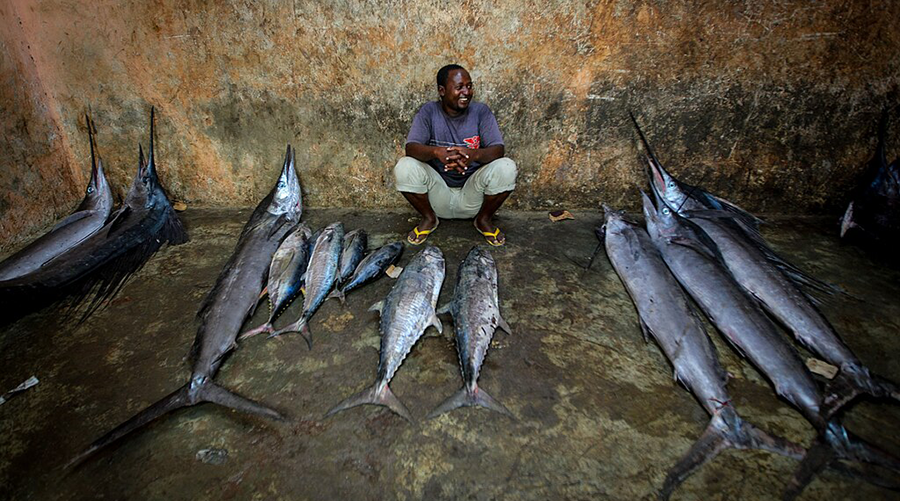
Want to support sustainable fisheries? Start with better data bit.ly/catchrecon
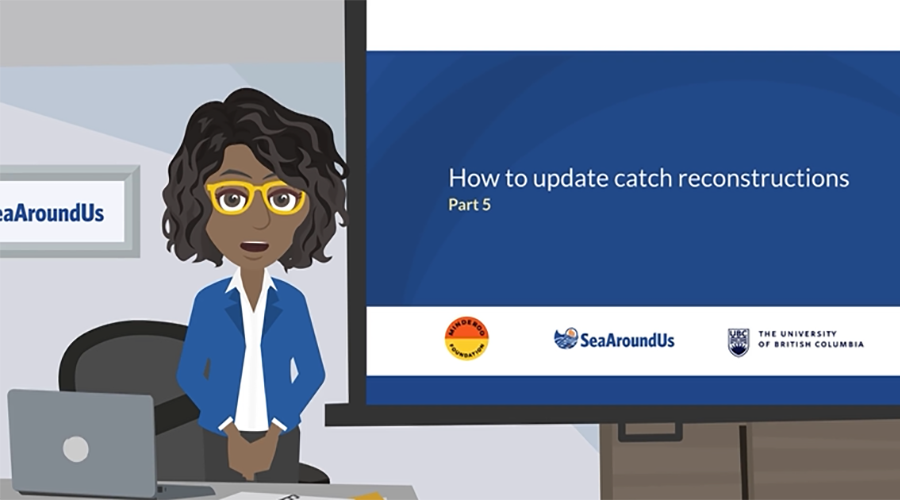
Overfishing, heat, and hopelessness bit.ly/sausenegal

🗣️2025 FishBase & SeaLifeBase Symposium 🗓️ Sept 2–3, Brussels & online 🔗 Register: biodiversity.be/6163/ 📷 Missed last year’s talks? Recordings from the 2024 FishBase Symposium: Day 1: bit.ly/Day1-GOLT | Day 2 : bit.ly/Day2-FishesMar….
Data equity in ocean science was one of the topics addressed at #UNOC3 bit.ly/blog208sau
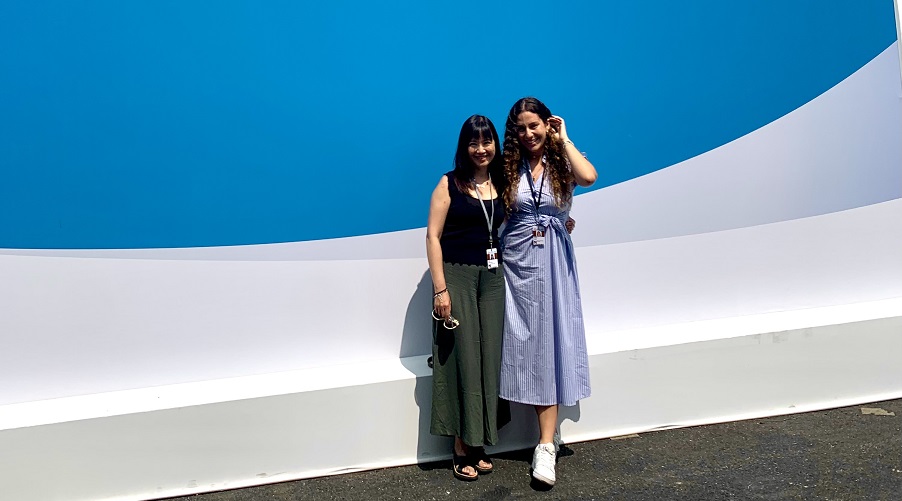
“Whatever is left is mostly diverted to fishmeal plants.” bit.ly/sausenegal

Half of Senegal’s fish is taken by foreign fleets bit.ly/sausenegal

Seafood = nutrition. But who gets it depends on the species—and the politics 🐟💬 bit.ly/indianonutri

Use export stats, tourism data, & local knowledge to estimate real catches. Ola shows you how 📊 bit.ly/catchrecon

Women in #Senegal once led the fish trade. Now, many are left with factory jobs—or nothing bit.ly/sausenegal

Indigenous and small-scale voices at UNOC 2025 brought nuance and urgency to global ocean talks bit.ly/blog208sau

🧊 Engines, iceboxes, nylon nets—Senegalese boats modernized to keep up bit.ly/sausenegal

Indian Ocean fish = 12% of global catch and 30% of seafood calcium 👀 bit.ly/indianonutri

Climate change means warmer, low-oxygen oceans. The GOLT helps explain why fish might shrink bit.ly/goltfick
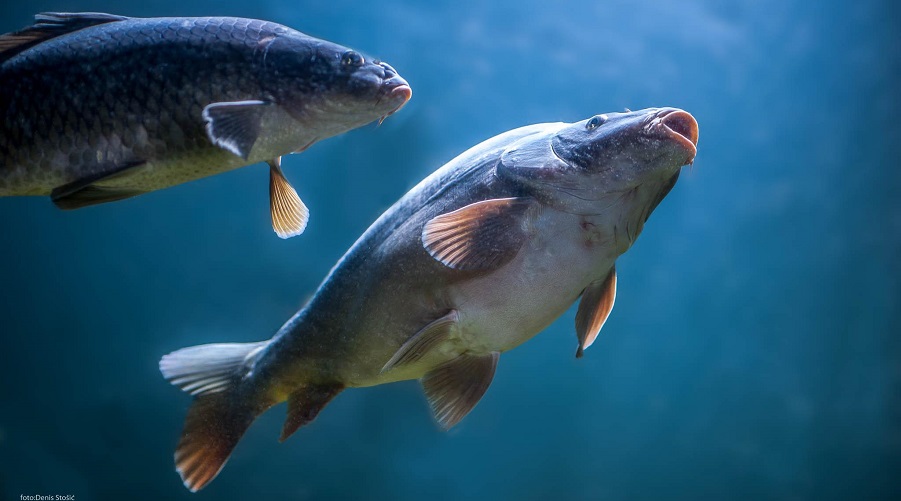
While ocean-based tourism is recognized as an economic force, the specific contribution of scuba diving at the global scale has remained unknown until now.
“Unlike mass tourism operations that can harm local communities and marine environments, dive tourism, can be economically viable, socially equitable and environmentally sustainable,” said Dr. Anna Schuhbauer. oceans.ubc.ca/2025/07/25/scu… @FisheryEconomic @ScrippsBee @ubcscience
Our catch reconstruction video tutorials now have custom subtitles in Arabic, Chinese, French, Italian, and Spanish! bit.ly/catchrecon

Daniel Pauly: high seas fishing benefits few countries and undermines global equity in ocean resources. bit.ly/highseasnature
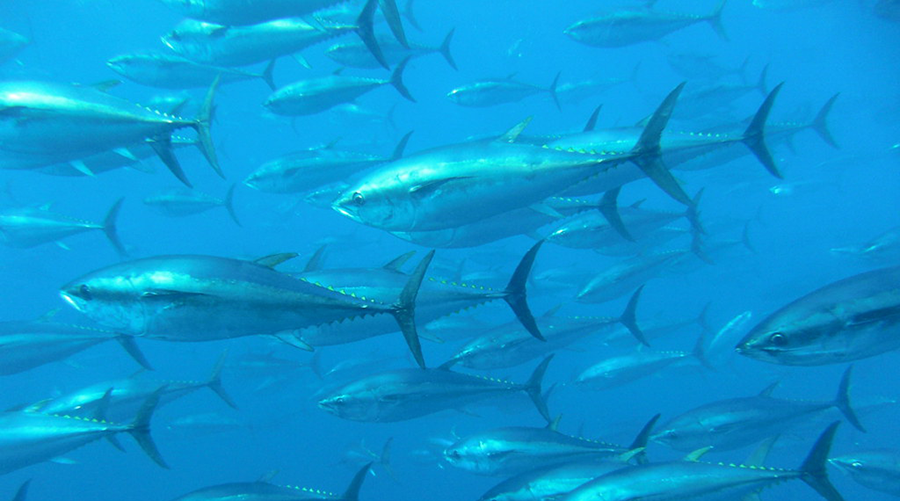
🌊🐴
The @projectseahorse team is working to ensure that our oceans are health as a horse (a seahorse that is). #OceanIdioms oceans.ubc.ca/10-years-of-io… @TanviVaidyanath